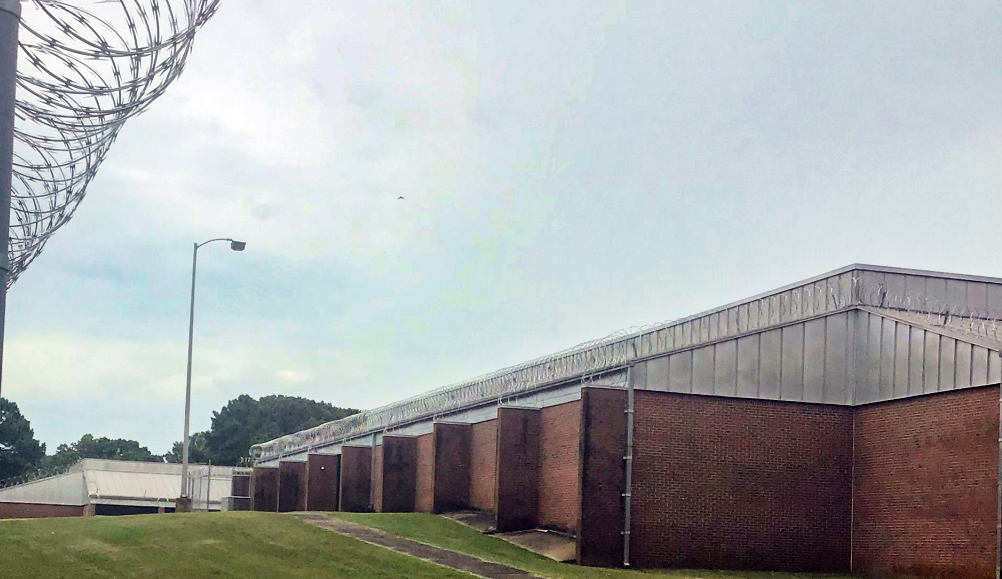
As Tennessee legislators eye reforms at the Department of Children’s Services, advocates are asking them to focus on family and community-based support, instead of expanding facilities.
A new report from Disability Rights Tennessee and the Youth Law Center focuses on the youth justice side of DCS.
In the past, reforms have largely been targeted at the foster care arm of DCS. But this report points out the connection between the child welfare investigations the department does and the children who end up involved in the justice system.
“Almost 90% of youth who have been placed in the custody of DCS on the youth justice side have had prior contact with the Department through child and family services,” the report reads. “DCS has an opportunity to help children and families build positive relationships and heal from trauma, but instead, Tennessee’s system is feeding foster youth into the criminal justice system.”
The report lays out six recommendations:
- invest in family-centered interventions instead of facilities
- assess youth and family needs
- address racial and geographic disparities
- create community-based mental health services for youth and families
- offer services to prevent kids from the child welfare system from ending up in the justice system
- end transfers of youth to the adult criminal justice system
It also highlights how isolating it can be to place youth in hospital settings, group homes, or detention facilities for periods that DCS has said were longer than intended.
More: Teens allege abuse and neglect inside a state-run juvenile detention facility in West Tennessee
“Disability Rights Tennessee has worked with multiple families who wanted and requested greater contact with their children, but were met with many barriers to access, like transportation or inflexible visitation hours,” the report reads.
In the end, the report says that DCS is faced with a choice: to invest in institutionalization and buy more time for facilities to fill up, or to intervene sooner and address the root causes that land children in their care.
“What matters most in any child’s life is not what bed they sleep in, but who is tucking them in at night. Unless we believe that youth in DCS custody are destined to remain in facilities all their lives, we must ensure that they are connected to families who can support them.”

